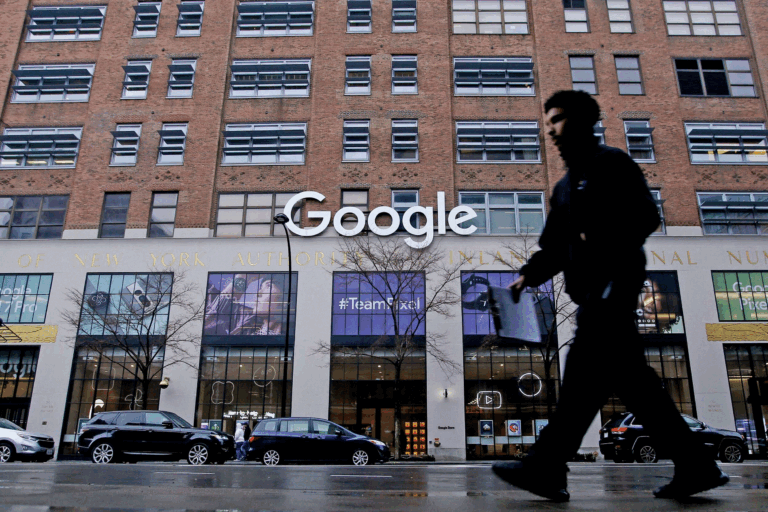Google is making progress toward its goal of creating an AI language model that supports 1,000 different languages. In an update posted on Monday, the company shared more information about the Universal Speech Model (USM), a system it describes as a “critical first step” in achieving its objectives. Last November, Google announced its plans to create a language model supporting 1,000 of the world’s most-spoken languages while also revealing its USM model.
According to Google, USM is “a family of state-of-the-art speech models” with 2 billion parameters trained on 12 million hours of speech and 28 billion sentences across over 300 languages. USM also supports automatic speech recognition (ASR), which can automatically detect and translate languages, including English, Mandarin, Amharic, Cebuano, Assamese and more. YouTube already uses USM to generate closed captions.
READ ALSO:
Google Drive, Docs, Sheets, and Slides Get Updated UI to Simplify User Experience
Vertiv Launches Chilled Water Thermal Wall for High-Density Data Centers in EMEA
Currently, Google says USM supports over 100 languages and will serve as the “foundation” to build an even more expansive system. One possible application for the technology could be inside augmented-reality glasses like the concept Google showed off during its I/O event last year, able to detect and provide real-time translations that appear right before your eyes.
The technology is still a work in progress, however and Google has made missteps in the past. During its I/O event, the company misrepresented the Arabic language, highlighting how easy it can be to get something wrong. Nonetheless, Google remains committed to developing language models that support a wide variety of languages and the USM model represents a significant step forward in achieving that goal.
As Google’s language models become more advanced, the technology could have a wide range of applications, from improving speech recognition and translation tools to enabling new forms of communication and collaboration across language barriers. With its focus on building a more inclusive and accessible internet, Google is well-positioned to continue leading the way in this area.




